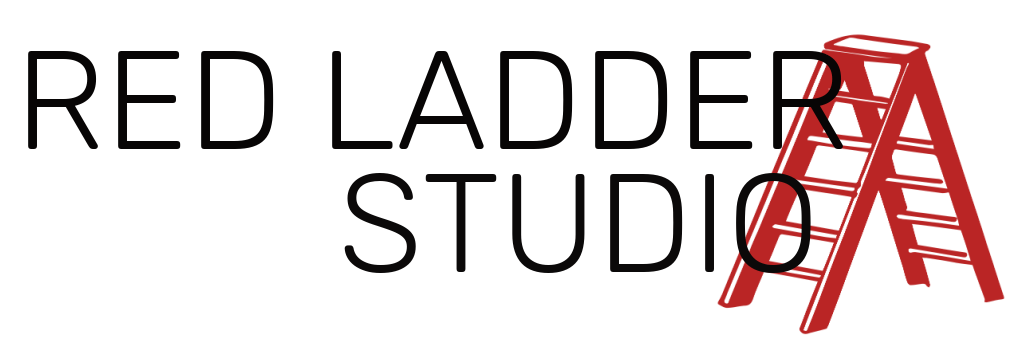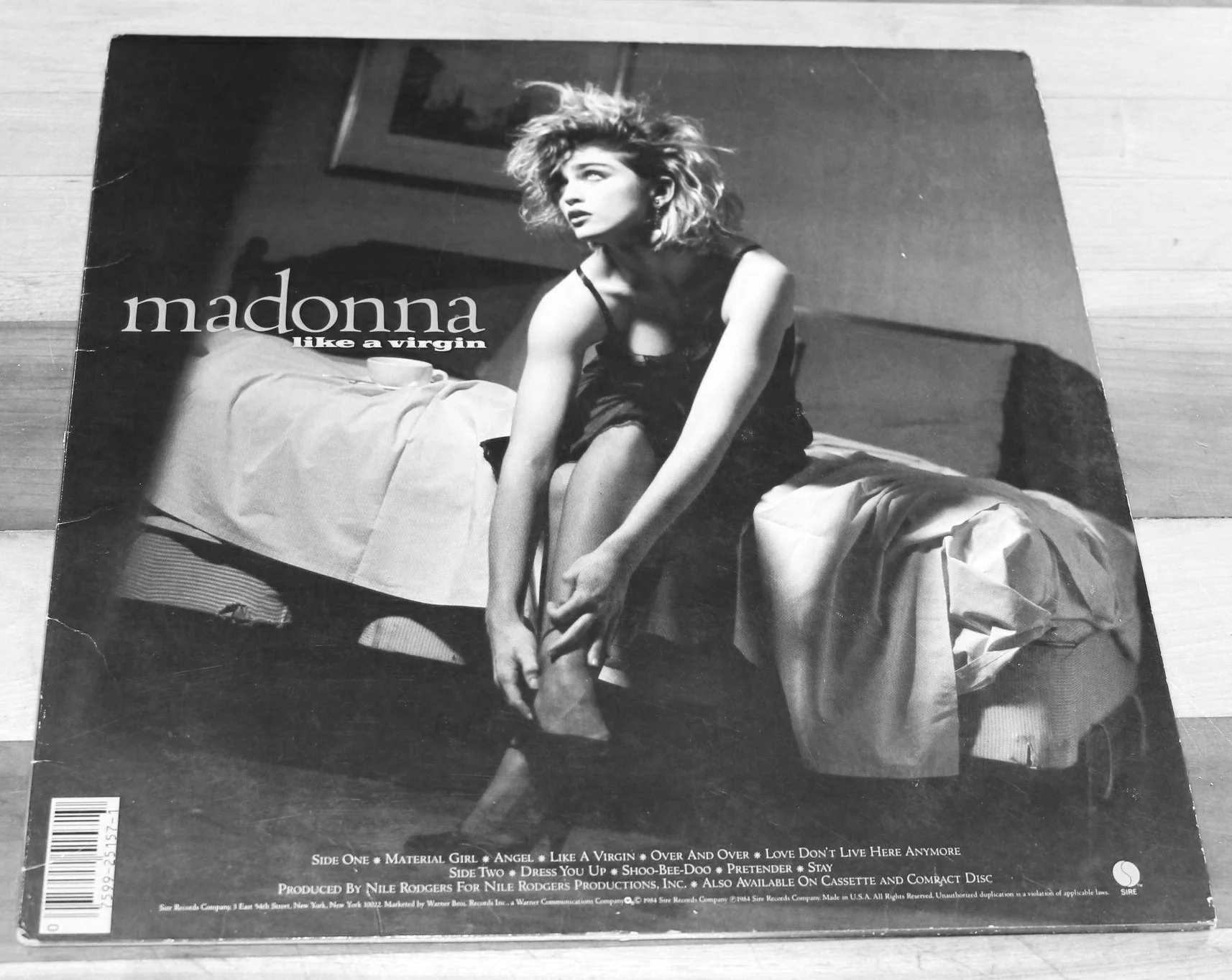Finding dharma in modern culture
Forgive me, I’ve told this story before. But you know how it is, some stories seem to define your life. This is the story of how ‘wabi-sabi’ helped me connect the dharma with modern culture years before the aesthetic appeared in any ‘Homes and Gardens’ magazine.
I discovered Buddhism in my early 20s and started practising with the Triratna sangha. In this sangha, there was an explicit recognition that the arts were vitally important, that they could, in fact, be a parallel path to the dharma, with the potential to open up similar insights. Art and culture were vitally important to me. So far, so good.
But what exactly counted as art and culture?
This sangha was all people far older than me, ancient. They probably had an average age of around 45! And while I was listening to Lou Reed and Janis Joplin, they, inspired by their teacher, were listening to Bach and Mozart. While I was reading Jack Kerouac, they were reading Milton.
It was suggested that I could refine my tastes! That didn’t go down well. In fact, it set me on a path of trying to communicate, even illustrate, the connection between essential dharma and modern art and culture. I’m still travelling that path.
More recently, I’ve discovered James Low, a Dzogchen teacher. He often refers to modern culture while he’s communicating the Dharma. Drawing parallels between Madonna’s ‘Like a Virgin’ and pure awareness. Or Frankie Goes to Hollywood’s ‘Relax’, which he sees as being about how you have to relax to have anal sex and how Dzogchen asks us to relax in the same way.
It seems if you know how to look, you can find the dharma everywhere.
“The state being described is pure, untouched, virgin and of course Madonna has quite a nice song about that. It is a very good song. If you read the words of that song, it can be a teaching on Dzogchen: “In love for the very first time.”
Moment by moment the world is fresh to us. Our eyes are open. Our heart is open. Everything is wonderful. Everything is shining. Eternally virgin. Eternally excited and yet quite calm. Not knowing what is going to happen and yet open and trusting.
The proof that the doctrine is actual is the fact that you can find it in popular culture. How could a teaching on how life is be esoteric?
Actuality is everywhere and moment to moment people have experiences of it. Then it gets covered over again. But everywhere in the world people are momentarily opened “hah...huh...gone” and this state is called the dharmakaya.”
The proof that the doctrine is actual is the fact that you can find it in popular culture. How could a teaching on how life is be esoteric?
The Dharma is pointing us towards the true nature of reality. That reality is everywhere and includes everything. Like James Low says, how can a teaching on how life is be esoteric?
The word esoteric comes from a root meaning inner, sometimes secret. The definition of something being esoteric is that it’s likely to be understood only by a small number of people, with some kind of special interest or knowledge.
On the other hand, the dharma is available to everyone, everywhere and at all times. It’s exoteric. Of course you’ll find it in popular culture, because, when you understand the dharma, you understand that there is nowhere we cannot find it.
Actuality is everywhere and moment to moment people have experiences of it. Then it gets covered over again. But everywhere in the world people are momentarily opened “hah...huh...gone” and this state is called the dharmakaya.
It’s everywhere, and everyone experiences it, at least in moments. That door opens in moments of beauty, moments of grief, moments of unbearable suffering and maybe at the moment of death.
But also in very ordinary moments, waiting for a bus, making a cheese toastie, nodding off in a comfortable chair. “Hah...huh...gone.” Suddenly, and maybe just for an instant, everything has changed.
Is this what The Flaming Lips are singing about in their song ‘Suddenly Everything has Changed’?
“Putting all the vegetables away
That you bought at the grocery store today
And it goes fast, you think of the past
Suddenly, everything has changed
Driving home, the sky accelerates
And the clouds all form a geometric shape
Then it goes fast, you think of the past
Suddenly, everything has changed
Putting all the clothes you washed away
And as you’re folding up the shirts, you hesitate
Then it goes fast, you think of the past
Suddenly, everything has changed”
“You may remember some years ago there was a song by Frankie goes to Hollywood and it says: “Relax don’t do it if you want to go to it. Relax don’t do it if you want to come.” This is a song about anal intercourse. As small babies we were shitting in our pants then we learned to tighten our sphincter and we became very proud not to have poo going everywhere. But if you want to have anal sex then you have to be able to relax the sphincter and for many people that is a problem because of the sense of anxiety that comes with going against a strongly established pattern. You have to learn to relax when the instinct is to tighten up and exert control.
In some ways Dzogchen is similar to this because it is going against the impulses of Samsara. Allowing arisings to happen, tolerating a wide range of experiences rather than editing, privileging and rejecting, it’s not possible for the ego – only presence, awareness , which is not a construct and is beyond all conditioning is open to what is.”
I have to say I nearly spat my coffee out across my nice white bed sheets when reading this one morning. Did he really just say dzogchen is like anal sex?
Well, if the dharma is everywhere, then it must also be ‘in the bedroom’ (euphemism for sex, not me reading dharma in bed!). But I think we can read this as saying something even more specific.
When we practice, we have to bring all of us to the practice. I’ve been meditating for 35 years and would regularly be on retreats when someone was leading a body awareness practice. Back in the day, you’d be taking your awareness from your thighs to your buttocks, then your lower belly, as if there were nothing else ‘down there’.
I’d be preoccupied, wondering how the retreat leader was going to deal with ‘the groin area’. Would they skip over it? And if not, what on earth would they call it?
I remember being on retreat with an American teacher who said in her laid-back Californian accent, “become aware of all those sensations in the perineum.” That was the first time my perineum had become part of a retreat.
It wasn’t until many years later that I found out the perineum is a really important part of the body when it comes to meditation. Yes, the dharma is everywhere, even there!
“According to tantra, Enlightenment is fundamentally and originally present in the body. By putting one’s awareness in the body you find that the further down you go the more primordial, unconditioned and unmanifest is the energy you encounter. The chakras begin at the perineum, which is the most primordial level of awareness, and as you go upwards they are more connected with expression.”
Dharma practice, insight and indeed enlightenment itself are essentially about relaxation, and letting go.
The refrain of Frankie Goes to Hollywood’s ‘Relax’, is ‘relax, don’t do it, when you want to go to it, relax, don’t do it, when you want to come.’
It’s about how you have to relax in order to reach an orgasm, and that in itself is a fantastic metaphor for the dharma life. We have this sense of trying to get somewhere, yet ironically, in order to get there, we just have to relax and let go.
I’ve been involved in one-to-one insight inquiry work with different people and often the last part to fall into place, the bit that lets the insight happen, is relaxation, letting go and giving up.
“The more you practice in the view the more everything can become a teaching for you so that any song you hear or food you eat or standing in a queue in the supermarket, everything becomes a revelation of the Dharma.
But as long as we know what Dharma is and we are telling the world “oh, this is dharma, this is not dharma” it is very difficult for the natural enlightened Dharma, which is everywhere, to reveal itself to us all the time which, is the meaning of enlightenment.”
My neighbours bought a white Renault Clio. It’s parked on the drive next to me. Now all I see is white Renault Clios, everywhere I go! The Dharma is like this. The more it is in our minds, the more we see it everywhere. Then, because we see it everywhere, it stays in our minds.
The dharma wants to reveal itself to us all the time, but if we think we know what the dharma is and isn’t, we won’t find it everywhere and until we find it everywhere, we won’t be enlightened.



